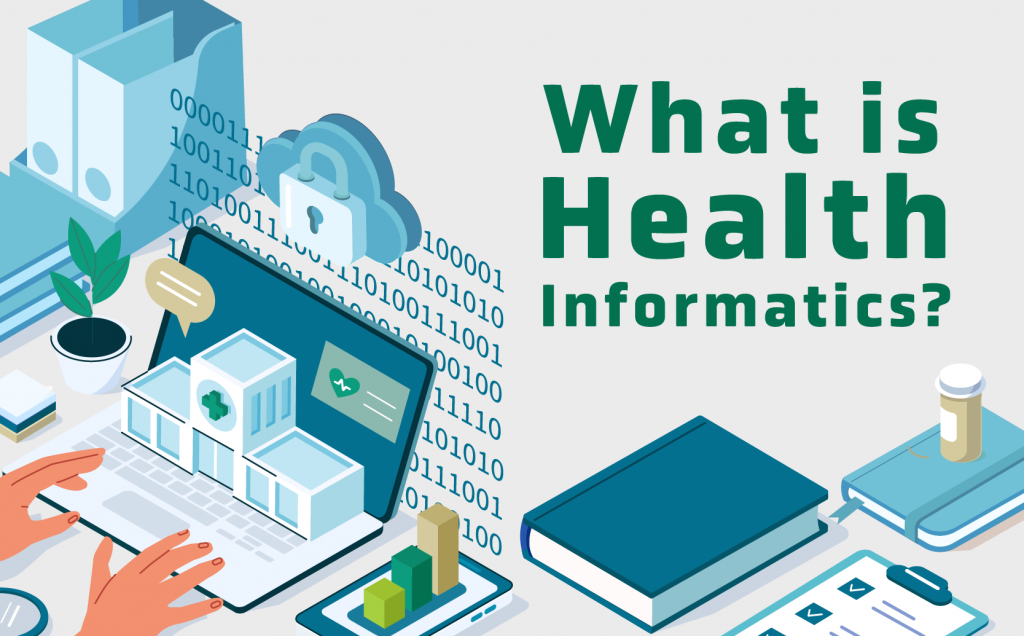Health informatics is a term that describes the acquisition, storage, retrieval and use of healthcare information to foster better collaboration among a patient’s various healthcare providers. Health informatics plays a critical role in the push toward healthcare reform.
Health informatics is an evolving specialization that links information technology, communications and healthcare to improve the quality and safety of patient care.
Difference Between Health Informatics and Health IT
Though the concept of health IT includes the use of technology in healthcare, health informatics is not synonymous with health IT. Instead, informatics in healthcare is “the science, the how and why, behind health IT,” according to the Centers for Disease Control and Prevention.
Health informatics applies informatics concepts, theories, and practices to real-life situations to achieve better health outcomes. This includes collecting, storing, analyzing, and presenting data in a digital format.
Health Informatics Jobs Outlook
The tremendous growth in the health informatics career field was spurred in large part by the acceleration of electronic health record (EHR) adoption brought about by the Centers for Medicare and Medicaid Services’ “meaningful use” incentive program.
As providers moved quickly to embrace EHRs, which are designed to store and share information from all providers involved in a patient’s care, health informatics specialists will continue to help healthcare facilities implement new systems, upgrade existing databases and work toward the development of a fully interoperable healthcare system.
According to the Bureau of Labor Statistics, employment of health information specialists and technicians is projected to grow 8% from 2019 to 2029, double the average growth rate for all occupations in the U.S.
Examples of Health Informatics Job Titles
Job titles in this field include:
- Clinical Informatics Specialist
- Healthcare Data Scientist
- Health Information Manager
- Director of Clinical Informatics




